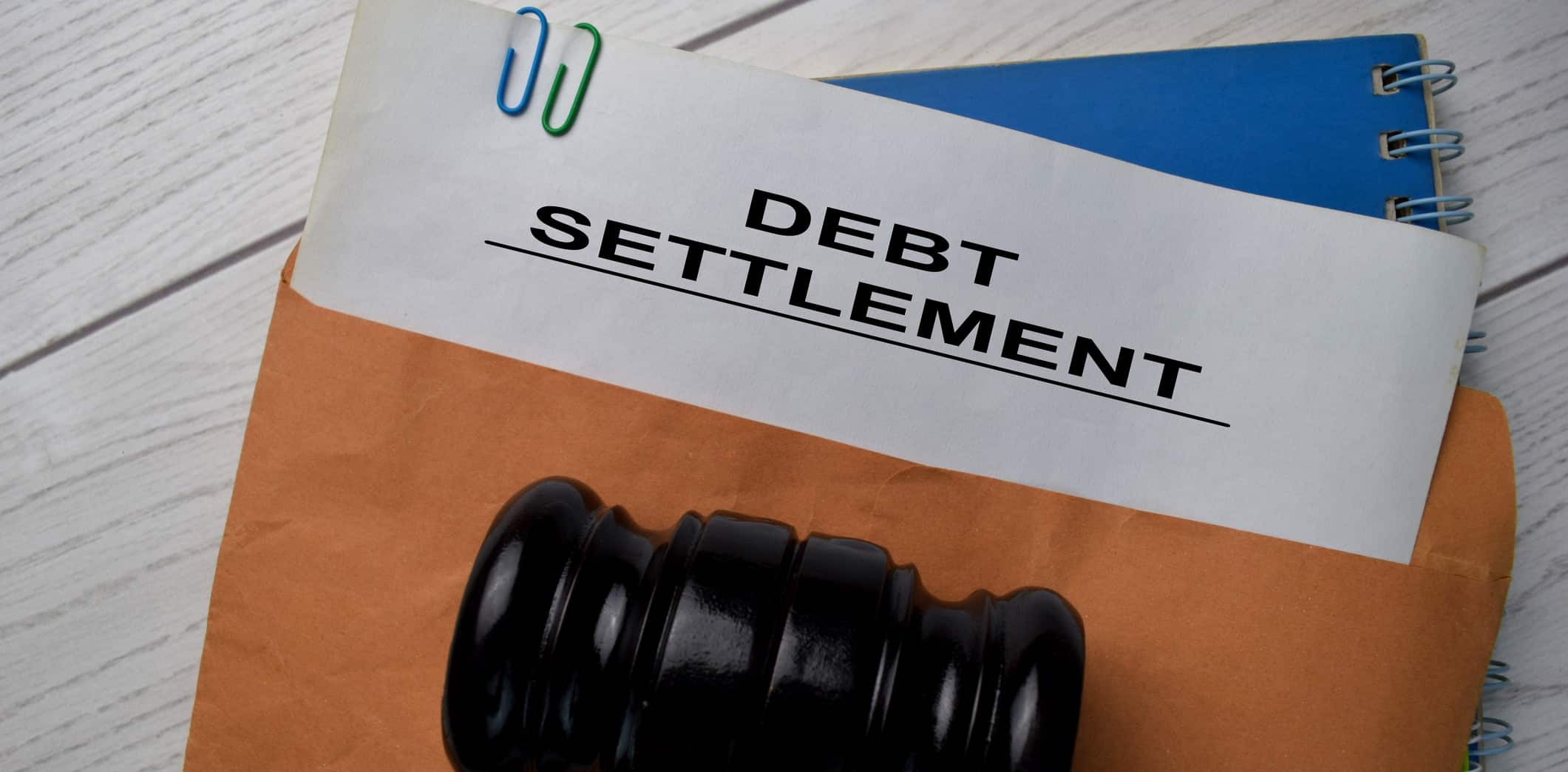What Are the Debt Settlement Options Available in Michigan?
Being in debt that you’re unable to pay as stipulated can be overwhelming. Fortunately, Michigan provides various debt settlement options to help you regain control of your finances as you start on a clean slate. Debt settlement is when you and your lenders amicably agree to new payment terms or resolve a debt for a reduced amount.
Lawyers from a reputable law firm in Michigan mention the following debt settlement options:
- Debt management programs: By signing up for a debt management program, you can find a more affordable monthly payment, reduce or eliminate interest, or replan your debt.
- Debt settlement: It lets you pay less than the full amount you owe to settle your debt.
- Debt consolidation: You can combine multiple high-interest debts into one with a lower interest rate to simplify your payments, potentially saving you money in the long run.
- Government assistance programs: State emergency relief, the Michigan Homeowner Assistance Fund, and Michigan’s Low Income Home Energy Assistance Program are relief programs available to residents undergoing financial hardships.
- Other programs: You could also benefit from other debt settlement programs, such as the Family Independence Program, which provides temporary cash assistance to low-income families with minor children or pregnant women to help pay for utilities, food, or rent.
Whichever debt settlement agreement you choose, you must carefully document it in writing. It should stipulate the terms when the debt will be considered “paid in full” after you’ve made settlement payments.
Is Bankruptcy a Viable Debt Settlement Option in Michigan?
Although it should be the last debt settlement option to consider, bankruptcy could be the most suitable choice, depending on your case specifics. Bankruptcy allows you to have a do-over in your finances while protecting your assets from creditor claims. Before filing for bankruptcy, consult with skilled Bankruptcy lawyers in Southfield for legal insights.
There are two types of bankruptcy that you can file, depending on the debt type and amount you owe.
Chapter 7 Bankruptcy
Chapter 7 bankruptcy is also called liquidation bankruptcy. A bankruptcy trustee may take possession of and sell (liquidate) some of your assets to settle some of your debts while protecting your exempt property up to a specific value. These include your:
- Primary home
- Personal property and household goods
- Tools
- Qualified retirement accounts
- Jewelry
- Life insurance
Southfield bankruptcy lawyers explain that Chapter 7 bankruptcy can help you eliminate the following debts:
- Credit cards
- Medical bills
- Past due utility bills
- Loan deficiency debt, such as a surrendered vehicle or mortgage
- Personal loans
- Judgments and garnishments
Chapter 13 Bankruptcy
If you’re struggling to repay your debt or are getting behind, Chapter 13 bankruptcy can be a viable debt settlement option. It is also known as a wage earner’s plan or reorganization bankruptcy and offers a repayment plan over three to five years.
Filing Chapter 13 bankruptcy can help protect your home from foreclosure and your vehicle from repossession. The amount repayable to creditors is stipulated in Michigan’s Means Test. As long as you continue submitting payments under the repayment plan, any debt that remains once the plan is complete in 3 to 5 years will be discharged.
The amount payable in the repayment plan under Chapter 13 bankruptcy depends on:
- Your income
- Your disposable income and essential expenses
- The amount you owe your creditors
- Where you live and own property
Your disposable income is the amount that remains after deducting essential expenses from your income, which may include:
- Housing
- Food
- Utilities
- Clothing
- Taxes
- Healthcare
- Childcare
- Select education costs
- Alimony and child support
However, if your income is lower than Michigan’s state median for your household size, you won’t be required to determine your monthly disposable income. Instead, you will create a suitable repayment plan guided by your budget. Skilled bankruptcy attorneys in Southfield can provide legal guidance.
How Can I File for Bankruptcy in Michigan?
Filing for bankruptcy can mean no more creditor calls, letters, collections, or legal actions against you. The general steps include:
- Determining eligibility, which your lawyers can help you do depending on the type of bankruptcy you wish to pursue.
- Obtaining the credentials to complete the pre-filing credit counseling requirement
- Gathering and providing the required documentation, such as your 6-month pay stubs, tax returns for the last two years, and copies of all bills and debt obligations.
- Review and sign prepared bankruptcy forms and schedules with the help of skilled bankruptcy lawyers in Michigan.
- Filing your petition and obtaining a case number, which provides you with creditor protections by stopping actions such as judgments and garnishments
- Attending a court hearing with your legal team
- Complete the Post-Filing Debtor Education course, which you can do online
The process is documented and provided for by the court. Typically, it takes 60 days from the hearing date, and once your debts have been discharged, you should retain the record as legal proof.
Exploring Bankruptcy as a Debt Settlement Option with the Help of a Skilled Bankruptcy Lawyer
The legal framework in Michigan provides several debt settlement options for debtors overwhelmed with debt. Bankruptcy is one of them, available in two most common types. Skilled bankruptcy attorneys in Southfield can evaluate your case specifics to help you determine the most suitable option.
We are a Debt Relief Agency. We help people file for bankruptcy relief under the United States Bankruptcy Code. As one of the premier debt relief agencies, Sigal Law Firm is dedicated to assisting individuals in navigating bankruptcy and achieving financial relief. Call us at 248-671-6794 to schedule a FREE consultation.
















